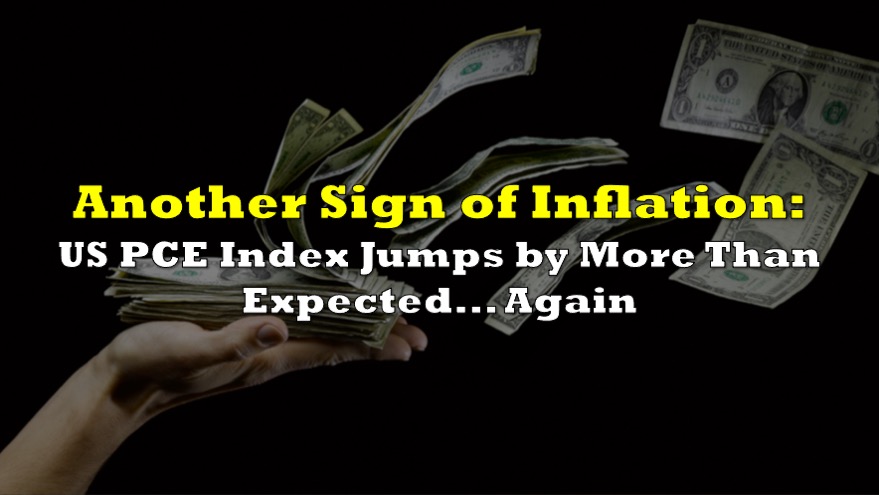As widely expected, Canadian consumer prices continued their decline in January— albeit thanks to the base year effect, while grocery costs continued to skyrocket.
Latest data from Statistics Canada showed CPI rose 0.5% month-over-month to an annualized 5.9%, following last month’s figure of 6.3% and against forecasts calling for a print of 6.1%. The unexpected deceleration was due to the base year effect, as prices in January 2022 were significantly higher thanks to surging global energy prices and mounting tensions in Ukraine. Core CPI, which does not account for food and energy costs, rose 4.9% on an annualized basis, against economists’ expectations calling for an increase of 5.5%.

Contributing to last month’s CPI increase were higher gasoline prices as well as rising mortgage interest costs, which jumped 21.2%—the largest year-over-year increase since September 1982. Grocery prices, meanwhile, continue to skyrocket across the country, rising 10.4% compared to one year ago against December’s increase of 10.1%. On the contrary, lower passenger vehicle prices and cellular services costs added downward pressure on inflation.

Following January’s 25 basis-point interest rate hike, Bank of Canada Governor Tiff Macklem assured Canadians a conditional pause is imminent in order to assess the monetary impacts on the economy. Policy makers said they forecast GDP output growth to stall in the first nine months of 2023, while price pressures are expected to fall to around 3% in the second half of the year.
I bet the word 'credibility' gets thrown around privately in Tiff Macklem's office a lot lately.
— SmallCapSteve (@smallcapsteve) February 18, 2023
Information for this briefing was found via Statistics Canada. The author has no securities or affiliations related to the organizations discussed. Not a recommendation to buy or sell. Always do additional research and consult a professional before purchasing a security. The author holds no licenses.









